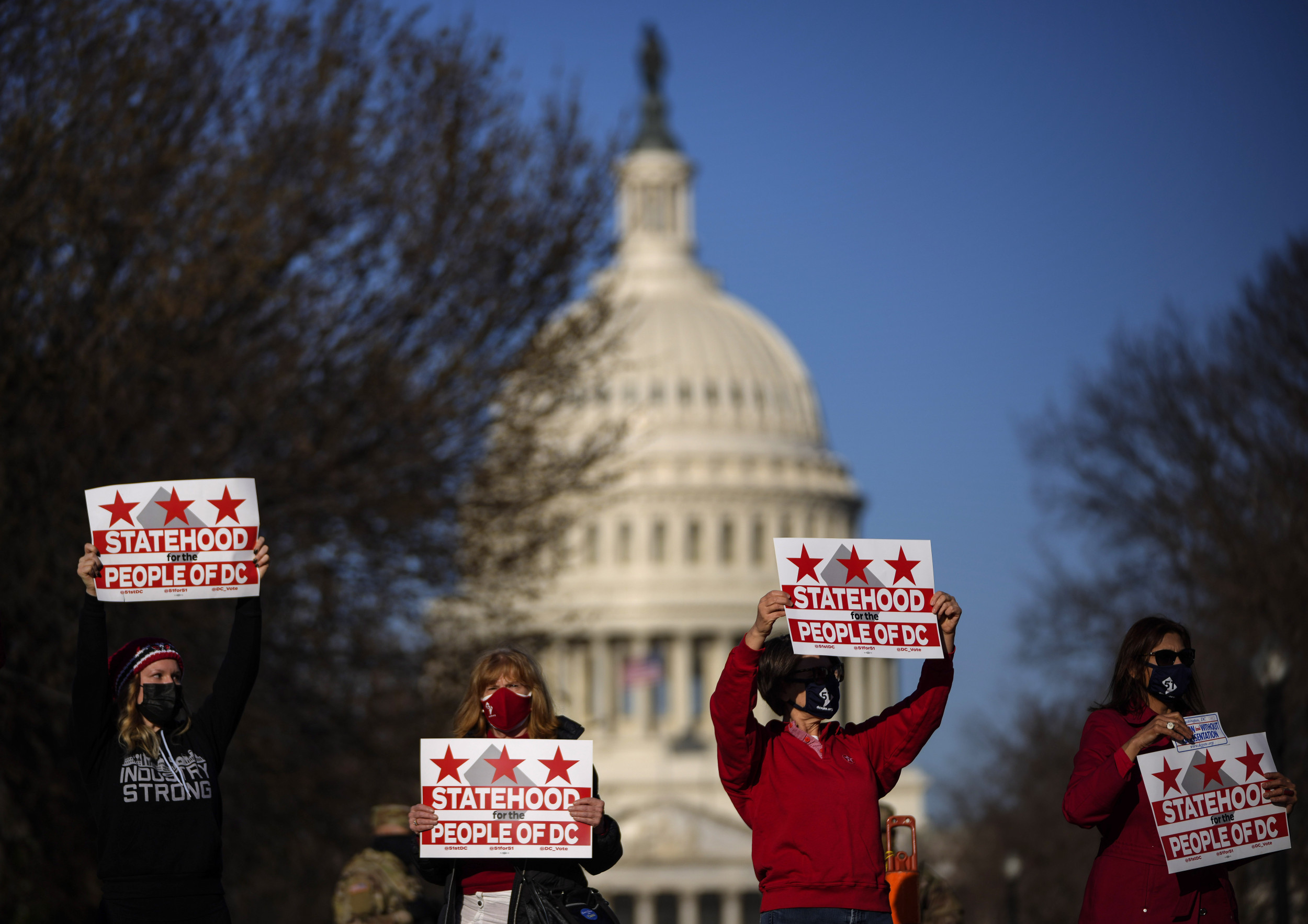As pundits compete to explain the results of this year's presidential election, a familiar narrative has emerged about local election results: the notion that voters have delivered a wholesale rejection of criminal justice reform and ended the era of prosecution reform. This narrative fundamentally misreads what is happening in the offices of forward-thinking prosecutors across the United States, where criminal justice reform is thriving. And it misses the biggest threat to reform: the coordinated efforts, in state after state, to undermine or even abolish prosecutorial discretion.
Following Los Angeles District Attorney George Gascón's defeat, the recall of Alameda County District Attorney Pamela Price, and the overwhelming passage of California's Prop 36—which reversed a decade of progress in charging some low-level crimes as misdemeanors rather than felonies—the media seems primed to project the California election results onto the entire country. Predictable headlines emerged within hours, declaring the death of criminal justice reform and the end of the reform prosecution movement.
True, these electoral defeats are setbacks to the progress of criminal justice reform. But California—where an influx of money from tech leaders and special interests has impacted local elections for years—does not tell the whole story. Voters reelected reform-minded District Attorney José Garza in Travis County, Texas despite the coordinated opposition of state legislators and police unions. Orlando, Florida State Attorney Monique Worrell—who had been unilaterally suspended by Republican Gov. Ron DeSantis in 2023—returned to her role with a commanding 57 percent of the vote. In the suburbs of Detroit, Michigan, incumbent prosecutor Karen McDonald successfully fought off a challenger from the right. These are not anomalies: national polling has found broad and bipartisan support for criminal justice reform; recent polling by FWD.us showed strong, bipartisan support for reform, with 85 percent of Democrats, 82 percent of Independents, and 76 percent of Republicans supporting criminal justice reform.

This is consistent with what I see every day as the executive director of the Institute for Innovation in Prosecution at John Jay College: counties across the country, both large and small, whether urban or rural, are increasingly embracing new approaches to public safety. Whether or not they identify as "progressive," more prosecutors nationally are pushing for a more effective and more just legal system, whether through adopting diversion programs, utilizing alternatives to incarceration, promoting police accountability, or improving support for victims of crime.
These approaches are not only popular: they are working. Evidence shows that reform promotes justice and fairness without harming public safety. But as prosecutors have become increasingly vocal and active in utilizing new strategies to advance public safety, this has brought with it elevated expectations—and put new targets on their backs. Prosecutors are increasingly held responsible for problems they lack the power to solve, including homelessness, substance use, and mental health crises. Reform prosecutors have become the bogeyman for all sorts of problems, leading to a wave of misinformation and disinformation about the impact of their policies. As a result, prosecutors' ability to exercise discretion is under coordinated attack nationwide, including in states like Georgia, Texas, and Tennessee.
Discretion is at the heart of a prosecutor's work: no prosecutor has, can, or should prosecute every case presented to them. Instead, prosecutors must make thoughtful choices about how to use limited resources and how to prioritize the crimes that most impact their communities.
It is also worth noting that the breadth of prosecutorial discretion has allowed some prosecutors to commit great harm, whether through securing wrongful convictions, perpetuating racial disparities, or imposing overly harsh sentences—but there were no calls for the elimination of the concept of prosecutorial discretion then. It is only now that prosecutors have adopted new, innovative approaches that we see these coordinated efforts to undermine their independence and discretion. Indeed, Project 2025 envisions the federal government suing or even prosecuting local prosecutors to force them to approach their job robotically, as opposed to using the discretion our legal system affords them. Holding prosecutors accountable is critical—but stripping them of the tools they need to serve their communities is undemocratic and unjust.
Of course, public safety concerns matter, and prosecutors should aim to make their communities feel safer. But the solution to safety concerns is not to force prosecutors to implement the failed, status quo solutions of mass incarceration. Those strategies have caused our prison and jail populations to balloon, saddled millions of Americans with criminal records, and limited economic opportunities without preventing crime.
Instead, prosecutors' offices need more resources to expand evidence-based programs and redirect their efforts to fighting violent and serious crimes. They must be able to ensure adequate staffing so that line attorneys have the time and resources to craft just and fair outcomes in all of their cases. And they need more coordination with and support from other local agencies and policymakers.
As new attacks on prosecutorial discretion emerge, now more than ever we must give prosecutors the support they need to serve their communities. The IIP has worked with prosecutors across the country who are eager to implement innovative approaches—and who do so with strong and resilient support from their constituents. We must ensure that prosecutors are free to use those approaches to respond to their communities' needs. And, with Project 2025 looming in the background, there is no time to waste.
Rachel Marshall is the executive director of the Institute for Innovation in Prosecution at John Jay College. She also serves a member of the ABA Task Force on Prosecutorial Independence.
The views expressed in this article are the writer's own.




















 English (US) ·
English (US) ·